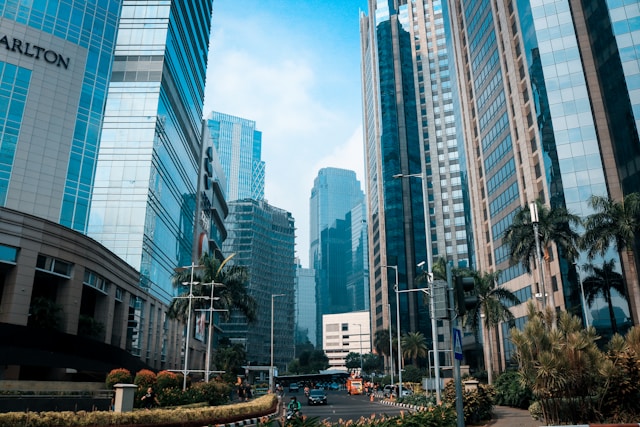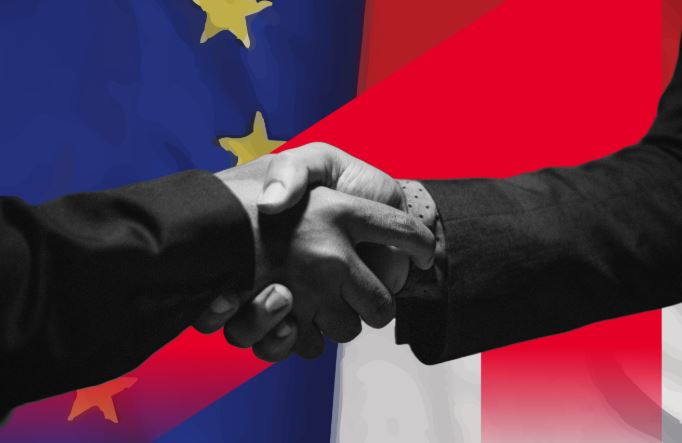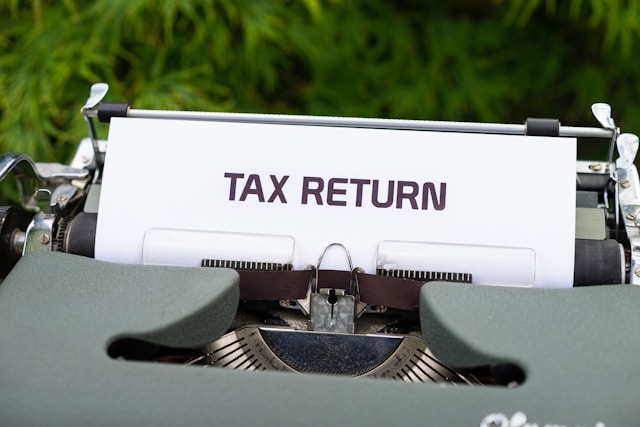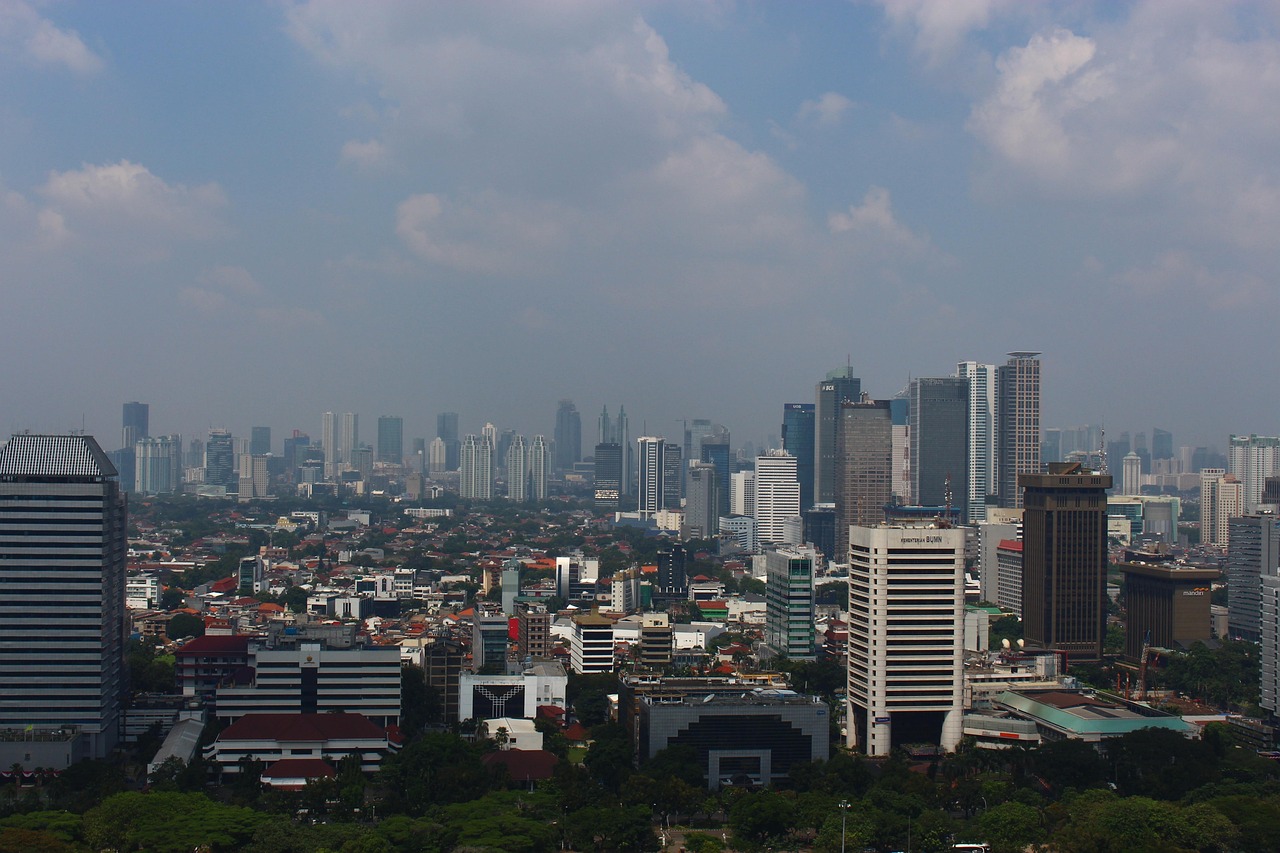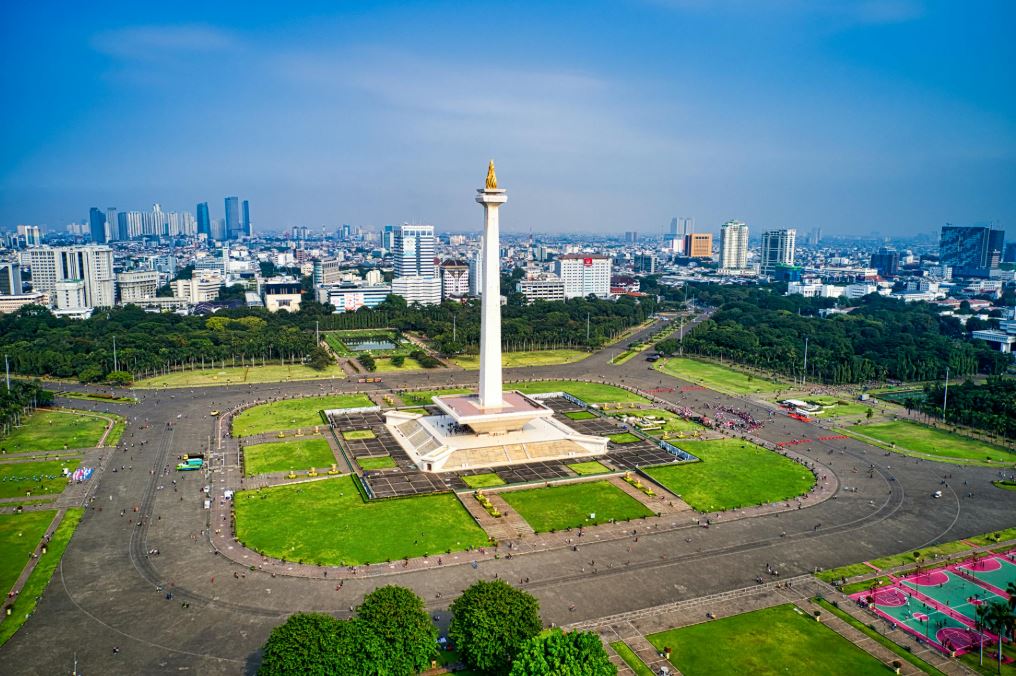Indonesia’s Blue Book 2025–2029: Key Sectors and Opportunities for Foreign Companies
Indonesia’s Blue Book 2025–2029 outlines the country’s medium-term planned external loans, highlighting strategic sectors where international collaboration and investment are welcome. Prepared by the Indonesian Ministry of National Development Planning (BAPPENAS), the Blue Book serves as a roadmap for projects that align with national priorities, sectoral strategies, and sustainable development goals.
According to reports from AntaraNews, these loans are not only a source of financing but also an avenue to bring in ideas, technology, and innovation to strengthen institutional capacity in Indonesia.
Key Sectors Highlighted in the Blue Book
The Blue Book identifies a wide range of sectors offering opportunities for foreign companies interested in Indonesia’s development projects:
1. Food and Agriculture
Focuses on irrigation, logistics roads, food security, and fisheries, ensuring sustainable agricultural growth and improved food self-sufficiency.
2. Water Infrastructure
Includes multipurpose dams, drinking water systems, and water supply projects that support regional development and community resilience.
3. Advanced Industrialisation
Centers on semiconductor hubs, smart manufacturing, and industrial ecosystems to strengthen Indonesia’s technological and manufacturing capabilities.
4. Human Capital
Prioritizes university hospitals, medical education, and technical training programs to enhance workforce skills and healthcare infrastructure.
5. Connectivity and Transport
Encompasses trans-island roads, toll roads, public transport systems like Jakarta’s MRT, and advanced meteorological and radar systems.
6. Central Health Services
Covers hospital modernization, disease elimination programs, and public health initiatives aimed at improving healthcare access nationwide.
7. Environment and Disaster Management
Targets flood management, coastal protection, volcanic risk reduction, and sustainable urban planning to mitigate natural hazards.
8. Sustainable Urban Development
Focuses on urban governance, waste management, and mass transit systems to support Indonesia’s growing cities.
9. Public Security
Addresses counter-terrorism, counter-narcotics, and cybersecurity initiatives for national safety and stability.
10. Energy and On-Lending
Includes geothermal, hydroelectric, and bio-refinery projects to support Indonesia’s transition to sustainable energy.
Why This Is an Opportunity for Foreign Companies
The Blue Book provides a strategic outlook for Indonesia’s development priorities. It signals areas where international expertise, technology, and investment can make a meaningful impact. By understanding the sectors and key ministries involved, foreign companies can position themselves effectively for potential collaborations or future tenders.
How Double M Can Support
Foreign companies interested in Indonesia’s Blue Book opportunities can consult Double M for market entry guidance. Our team specializes in helping international businesses:
- Understand Indonesian regulations and business practices
- Establish a legal presence in Indonesia
- Navigate administrative and compliance requirements
- Identify strategic ways to engage with local partners
